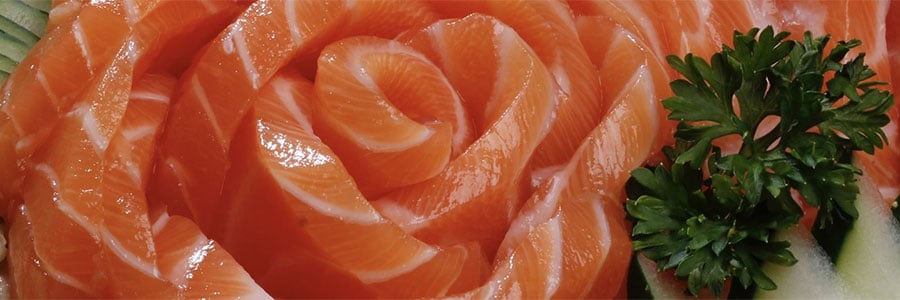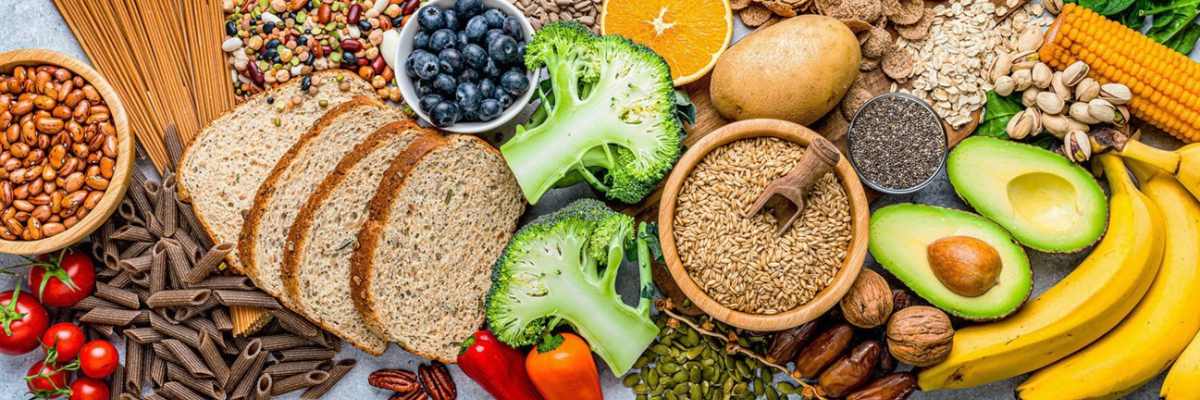Salmon and Corn Patties
I always encourage my clients to eat fatty fish (salmon, sardines, mackerel, herring and pilchards) regularly because we need the omega-3 fatty acids they contain, since we don’t make our own. They’re an essential fat, so we need them for long term health benefits. The only way we get omega-3 fatty acids is from our foods. Sources other than fish include walnuts, flaxseed, flaxseed oil, hemp oil and leafy vegetables.
Serves: 3
Prep: 20 minutes
Cooking time: 10 to 15 minutes
Ingredients
- 2 potatoes (200 grams), peeled and chopped
- 50g rice noodles
- 240g red wild salmon canned and drained
- 1 egg white
- 85g canned corn
- 2 spring onions diced
- 1 red capsicum, finely chopped
- 1 cup gluten free bread crumbs
- 2 tbsp fresh coriander or fennel leaves, finely chopped
- 1 lemon, juiced
- ½ lemon, zested
- coconut or avocado oil
- 1 lime cut into wedges
- 2 tbsp of mayonnaise

Directions
Cook the potatoes in a large pot of water until soft. Drain and mash. Put the rice noodles in a large bowl and cover with boiling water. When done, drain and cut into small pieces. Make sure they are well drained.
In a large bowl, combine the potatoes, rice noodles, salmon, egg white, corn, spring onions, capsicum, crumbs, herbs, lemon juice and zest. Season to taste. Divide the mixture into four parries and shape well on a tray lined with baking paper. Refrigerate the patties until firm. Preheat your oven to 200oC.
Place the oil into a frying pan, bring up to heat. Make sure your pan is evenly coated with oil. Cook patties on both sides until golden brown. Transfer the patties back onto the baking tray and cook for a further ten to fifteen minutes in the oven. Serve with fresh lime and mayonnaise and a fresh salad or steamed vegetables.
Nutritional Benefits
Omega-3 fatty acids are some of the most important nutrients you can put in your body. Not only do they help to reduce inflammation but they are an integral part of cell membranes throughout the body. They also assist in making hormones that regulate blood clotting, contraction and relaxation of artery walls. Our cells need these fats to function properly.






